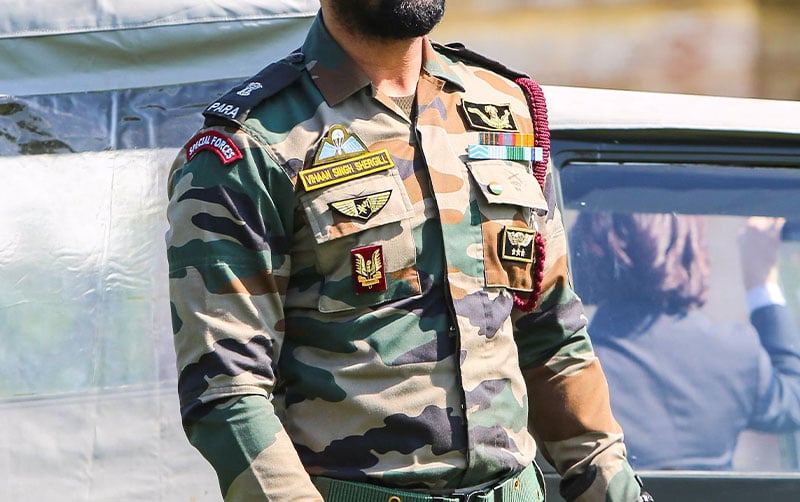In the wake of President Draupadi Murmu’s recent decision to dismiss an Indian Army Major from the Strategic Forces Command (SFC) unit, the legal framework backing such decisions has come under the spotlight. This decision, rooted in Section 18 of the Army Act, 1950, and bolstered by Article 310 of the Constitution, underlines the authority of the President and the commitment of the Indian state to maintain the highest standards of discipline and professionalism in its armed forces. In this article, we delve into the details of these two legal provisions and their implications.
Section 18 of the Army Act, 1950
The Army Act, 1950 is a comprehensive legal code that governs the functioning, discipline, and administration of the Indian Army. Section 18 of the Army Act pertains to the “Power to Dismiss Soldiers.” In essence, it provides the authority for the dismissal of a soldier by a specified competent authority. Here is the essence of the provision:
- Tenure of service under the Act.—Every person subject to this Act shall hold office during the pleasure of the President.
This short but pivotal section confers upon certain high-ranking officials the power to dismiss soldiers from service. The intent behind such a provision is clear: to ensure that the armed forces, a critical pillar of national security, operate with the highest standards of discipline and integrity. Any deviation from these standards, especially at the level of an Army officer, can have serious implications for the security and prestige of the nation.
Article 310 of the Constitution
Article 310 of the Indian Constitution reinforces the principle of “Pleasure of the President.” The article reads:
- Except as expressly provided by this Constitution, every person who is a member of a defence service or of a civil service of the Union or of an all-India service or holds any post connected with defence or any civil post under the Union holds office during the pleasure of the President.
In simpler terms, this means that all persons serving in defense or civil services hold their positions at the “pleasure of the President” and can be dismissed from their roles without any obligation on the part of the government to provide a reason, unless otherwise stated by the Constitution itself.
Implications and Significance
President Draupadi Murmu’s decision, backed by the aforementioned legal provisions, underscores a few key points:
- Accountability at All Levels: Even high-ranking officers are not exempt from scrutiny and accountability. The armed forces demand a stringent code of conduct, and any deviation can lead to severe repercussions.
- Presidential Authority: The President, as the Supreme Commander of the Armed Forces, possesses the final authority in matters of discipline and administration of the armed forces.
- National Security: Given that the Major was associated with the SFC – a unit dealing with strategic assets – the dismissal highlights the seriousness with which lapses in security protocols are treated.
In conclusion, while the immediate events leading to the Major’s dismissal from the SFC unit may be a matter of internal security and discipline, the legal framework supporting such decisions is integral to the governance of the Indian armed forces. It ensures a balance of power, accountability, and upholds the nation’s commitment to maintaining the highest standards of professionalism within its defense ranks.













